The advantages of more sustainable agricultural methods have been widely studied. If we narrow down only to agroforestry systems – such as Syntropic Farming – we can list countless researches in different ecosystems that attest the benefits these practices offer, be it to the farmer (food security, crop resilience, productivity, income, etc.) or to the environment (carbon sequestration, water protection, soil recovery, increased biodiversity, etc.).
With so many examples of successful stories and repeated scientific proofs, it was to expect that the number of people adopting such practices would also register an equivalent growth. But that does not happen. At least not at the speed we want. Studies on agricultural adoptability investigate the reasons why. The answer is not yet unanimous, but there is an increasing scientific suspicion that cultural rather than technical aspects impose limitations on the adoption of new agricultural practices (5).
A case I have recently experienced may help to illustrate this hypothesis. Felipe and I were in one of the schools where we implement syntropic gardens, when a gentleman, in his mid-70s, came up to talk, as he had done a few other times. The conversation was always about amenities. The difference is that this time we were digging the nests for tree seedlings and vegetables, so the work was a little heavier than usual, with an extra contribution from the rocks in the ground. To the eyes of our interlocutor, it was a scene of suffering. He even told me that if it was his son doing that service, he would’ve said, “why did I spend so much with your studies?”.
I could have given him the immediate and basic answer that “in this kind of agriculture, you must study hard to dig a hole properly,” but I felt sorry for the anguish of that gentleman, who was beginning to be our friend, and who perhaps just wanted to be our accomplice. Maybe he expected us to share some complaint about our employers, or a whine about low wages, or the burden of our jobs … the common enemy … that classic and primary (and nefarious) connection that establishes a bond between two people. The result is that I didn’t say anything. I continued to dig for the conviction that what I was doing was right. Not for a salary, not for social status, but because it was right.
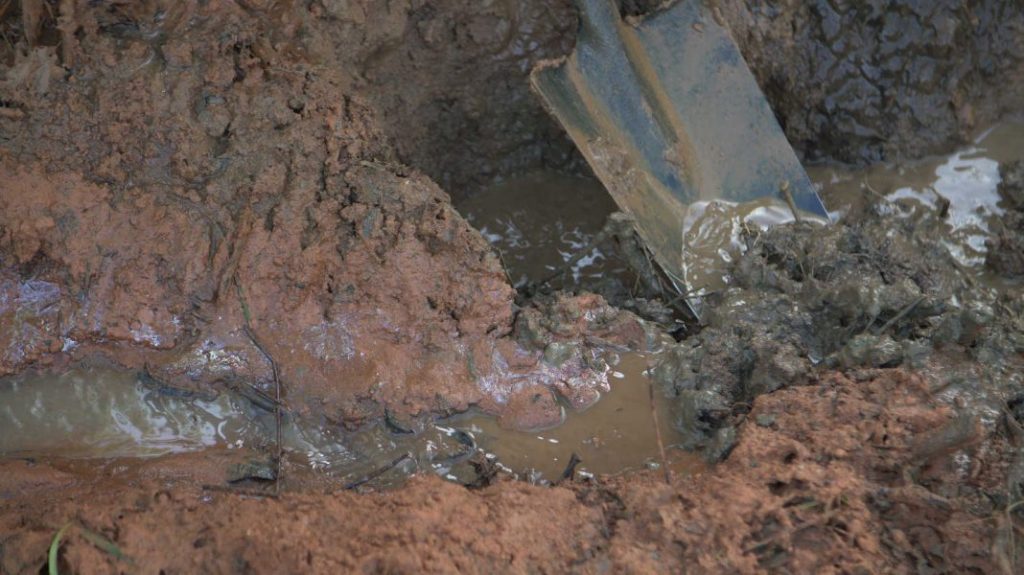
In fact, I related the reaction of that gentleman to other cases derived from our experience of teaching. The relationship seems distant, but it is not. Follow me.
We always reflect on the challenges of such a mission with the many partners that also teach courses, experiences, and internships. Many of the people who are looking to learn Syntropic Farming have searched around more than our recent garden friend. They are the kind of people who think a lot about what they want to do with their life. They search for a purpose. They are also not easily seduced by the success package imposed by our society because they perceive it as a preprogrammed slavery. They are, in general, critics of the “status quo” and the dominant system. But … even those people, day in and day out …. at some point also resent of digging holes. And that means more about our society than we can initially imagine.
I suggest here three interpretations for the fact: one based on the economic dimension, another on the social dimension and, lastly, one literary interpretation.
In the first interpretation, we could embark on the discussions about alienated work. That would explain, for example, why the hole becomes harder to dig when there is no understanding of the overall purpose of it. We could also raise the dilemmas of private property, as the annoyance of digging holes increases when you do not dig for your unique and exclusive benefit/profit. There are authors who talk about it much better than I could summarize here. An example in English here and in Portuguese here.
In a social interpretation, we could highlight the shared symbols of success and failure. We depend on other people’s perception to build our identity, no matter how anti-system you are. Therefore, it’s hard to claim to be proud of digging holes.
The latter interpretation I called “literary” because it was inspired by a study of Stephanie Nelson on the classical literature of Hesiod and Virgil.
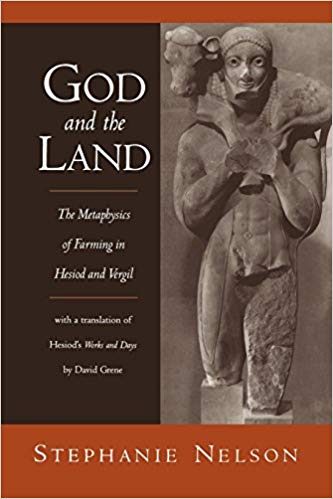
The author Stephanie Nelson does an innovative analysis of Hesiod and Vergil’s poems. She suggests that the human place within nature and our relationship to the divine reflects a society’s vision of farming.
As unexpected as it may seem, it was there that I found profound reflections on the relationship between agricultural practices and the world-view that is shared by a group at a given time. It has more to do with an ethical orientation and moral values than with technical aspects of farming. Stephanie Nelson defends that the way we do agriculture is closely related to our perception of whether we live in harmony or alienated from the physical, moral, and spiritual worlds. Both Vergil and Hesiod, each with a unique vision, demonstrated how the universe of agriculture is a microcosm and depics mankind’s role in the world.
This is ratified in the history of the emergence of agriculture. Archaeological findings increasingly suggest that cognitive factors, sociocultural and symbolic changes coexist with traditional interpretations based on population growth and resource availability. That explains the transition in the so-called Neolithic Revolution to a productive economy based on agriculture (2) (3). It brings a new structural system of collectively-shared mental images representing the relationship between human society and its surrounding environment. In addition, it’s observed an increase in transcendental religious practices along with the beginning of agriculture. It means objects, animals and natural phenomena are no longer worshiped. They were replaced by ethereal deities. It’s as if, since we started farming, we began a separation and a distrust of nature. That led us to imagine ancestral cults and gods in the sky (4).
What does this have to do with digging holes? Everything. Discernment about what is good, what is right, and even what is beautiful in agriculture implies a particular understanding of nature, the cosmos, and our relationship with the physical world and with other living beings. As long as the notion of agriculture is separated from the notion of nature, humans have only two options: spectator or explorer. In both situations, the act of digging holes will only make sense if people see their own benefit in the short term and, preferably, exclusive.
A change in individual and social ethical attitude, based on moral values and intergenerational justice (the right of future generations to have access to the same natural resources that we enjoy today) is the new dimension of sustainability defended by researcher Fabio Scarano (8), and our permanence on Earth very much depends on that.
Ultimately, in order to have a more reliable wave of sustainable farming adoption, we must be able to change our desires. We need to find in the beneficial interaction with the environment our reason, our motivation, and our reward. We need to see an uncovered soil, a tree in need for pruning or a seed going to the trash with the same affliction we see children starving, unable to breathe or wasting their future. It is necessary to have the same uncontrollable impetus and the same satisfaction we get when we contribute to reducing the suffering of others. It is a choice of conduct that cannot be imposed, it must be felt.
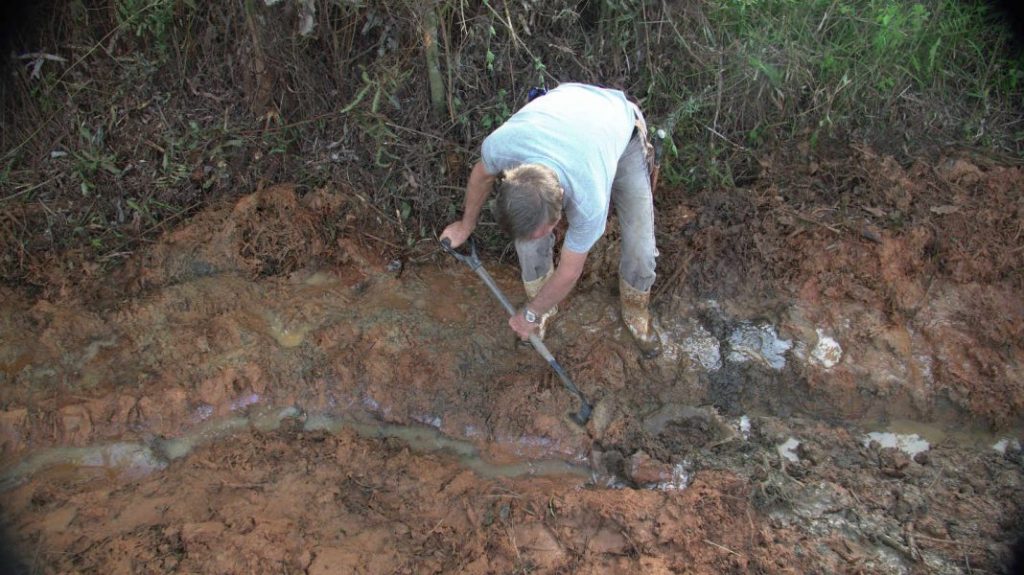
In this picture, Ernst Götsch digs drainage channels in a swampy degraded area on São Sebastião Farm. His motivation is the vision of a prosperous landscape. The result you can see here (Portuguese) and here (English). Spending time with Ernst and witness his example of conduct were the initial and fundamental inspiration for this text.
REFERENCES:
(1) ABRAMOVAY, R. “Paradigmas do Capitalismo Agrário em Questão”. In: Seminário Nacional de Assistência Técnica e Extensão Rural. Anais: Brasília, 1997.
(2) BOWLES, S.; CHOI, J. K. “Coevolution of Farming and Private Property During the Early Holocene”. Proceedings of the National Academy of Sciences, 2013.
(3) CAUVIN, J. “The Birth of the Gods and the Origins of Agriculture”. Cambridge University Press: Cambridge, 2000.
(4) ISETT, C.; MILLER, S. “The Social History of Agriculture: from the origins to the current crisis”. Rowman & Littlefield Publishers: Maryland, 2016.
(5) MEIJER, S. S, et. al. “The Role of Knowledge, Attitudes and Perceptions in the Uptake of Agricultural and Agroforestry Innovations Among Smallholder Farmers in sub-Saharan Africa”. International Journal of Agricultural Sustainability, 2005.
(6) MERCER, D. “Adoption of Agroforestry Innovations in the Tropics: a review. Agroforestry systems, 2004.
(7) NELSON, S. A. “God and the Land – The Metaphysics of Farming in Hesiod and Vergil”. Oxford University Press: New York, 1998.
(8) SCARANO, F. R. “The Emergence of Sustainability” In: Wegener, L.; Lüttge, U. (eds.). Emergence and Modularity in Life Sciences. Springer-Nature, Cham, 2019.
You may also enjoy:
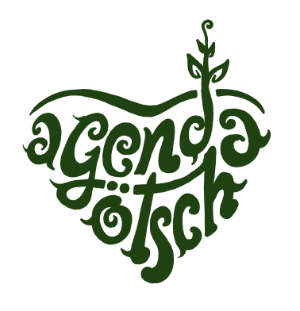

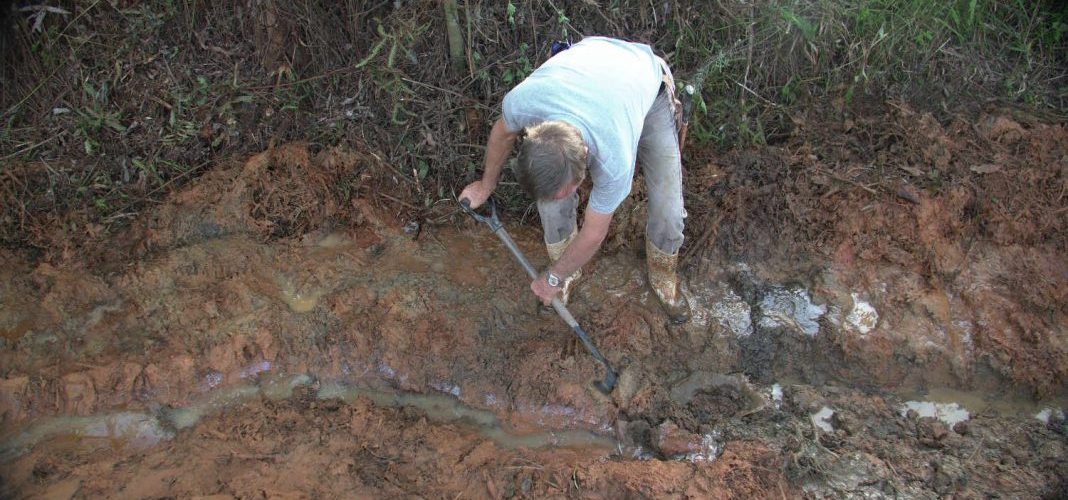
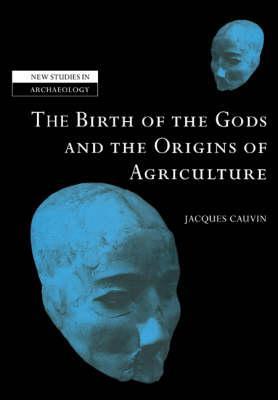
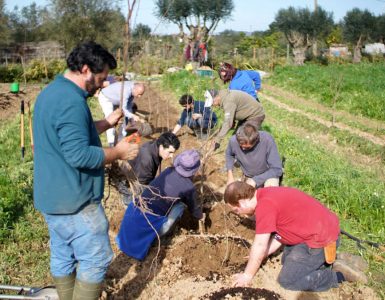
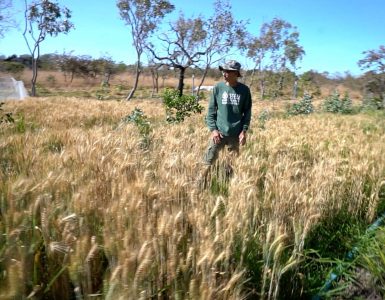
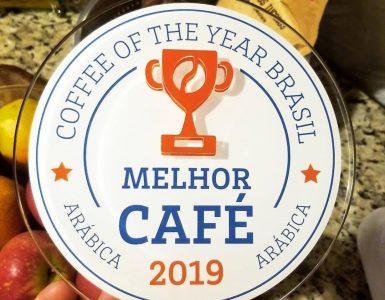

It is really beautiful how well you put that into didactic words. Indeed, it is deeper than the cultural influence although I never realized it. Yet also, to save ourselves or mankind, the only way should be by completing that mind shift as a civilization – to stop being autistic in Ernst words. Thank you Dayana and Felipe, this is way beyond agriculture. Despite the distance from our reality as a society, and personally speaking my routine, this is a part of the light in the end of the tunnel that can guide us back to be cherished beings. That you guys have a prosperous one and keep inspiring us!
Hi Ricardo, thanks very much for your feedback. Coincidentally, Felipe and I were discussing this morning whether this kind of content had the same impact as technical videos or texts. Your comment made us very happy to see that you also understand the importance of that approach. As Ernst says, philosophy should be mandatory in agronomy. We strongly believe we need to change farming’s cosmology, and although shifting to more sustainable designs works fine, it sometimes affects only the surface of our skin. It doesn’t change our structure. Thanks again for the reassuring words.
When I was a kid growing up in South Africa – it wasn’t uncommon for many kids to mock the other (poorer looking) kids as looking like farmers. Definitely a (and not just in the west) universally cultural negative viewpoint of people that toil in the fields. In Asia, its frowned upon to have a darker complexion) as it resembles those (poor) who work in the field.
Those who grow our food should be praised not belittled. How is it that a lawyer, banker or someone in I.T is regarded as having better credentials than a farmer?
I recently asked the owner of one of my favourite Portuguese restaurants what Portugal has so many amazing vegetables growing everywhere but in almost all the restaurants its meat, chips, potatoes and if you’re lucky a tiny tomato, onion and lettuce salad. She said its because by eating meat it shows that one is not poor anymore (so the vegetables get inadvertently left out) and we massage our egos with whether we look poor or not and the outcome is degraded land and a degraded mind, body and spirit.
Indeed this is way beyond agriculture as we once again need to connect with the earth (something thats extremely alien to many. The vibration we create with a hoe or pick is that connection and more importantly the intention through our connection as we work the earth and can not be replicated by machines or with mal intentions i.e. farming purely for profit.
The Celts of Europe were all nomadic (to a degree) farmers that worked with nature which included ethereal and spiritual practices that are laughed upon today. The Romans took that away and introduced basically what we have today. The majority of Japan were farmers until WW2.
Where am I going with that?
Ernst loves to tell the story of how mankind removed themselves from universal laws and created their own laws (thereby being kicked out the garden of Eden) Man has spent the last 25000 years or so discovering himself through his free will and slowly is reconnecting to the source.
I believe it is a state of ones level of consciousness that will allow them to connect to a syntropic way of living and farming and that unfortunately is not the same for every person. However the good news – its already started.
Hi Sebastian, sorry for the late reply. Wise words and we agree 100%. Thanks for enriching this post and the discussion 🙂
Dayana, você comentou que nós precisamos mudar a “cosmologia da agricultura”, e eu vejo que o trabalho realizado pela Life in Syntropy já é essa grande e necessária mudança em curso. Eu estava lendo o pequeno artigo “Gaia 2.0”, o qual pergunta se os humanos podem adicionar algum grau de autoconsciência à autorregulação da Terra, e em vários momentos o relacionei com aspectos da agricultura sintrópica.
Fica cada vez mais claro que o interesse e o fascínio pela agricultura sintrópica está, em grande medida, na completude da sua proposta, numa abordagem que articula diversos saberes e disciplinas, compondo uma narrativa de rara riqueza.
PS: Tô doido pra ler esses livros que você citou!
Grande abraço.